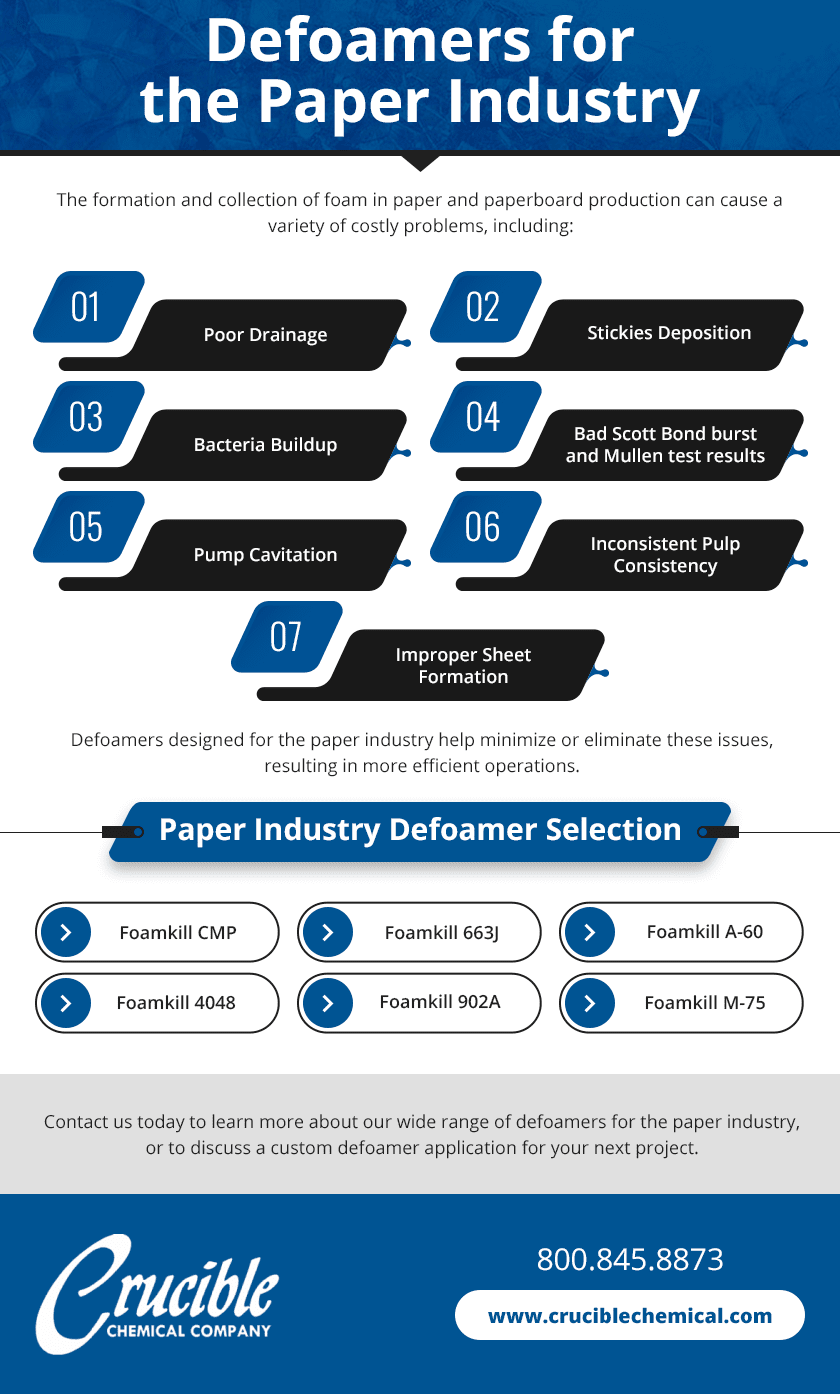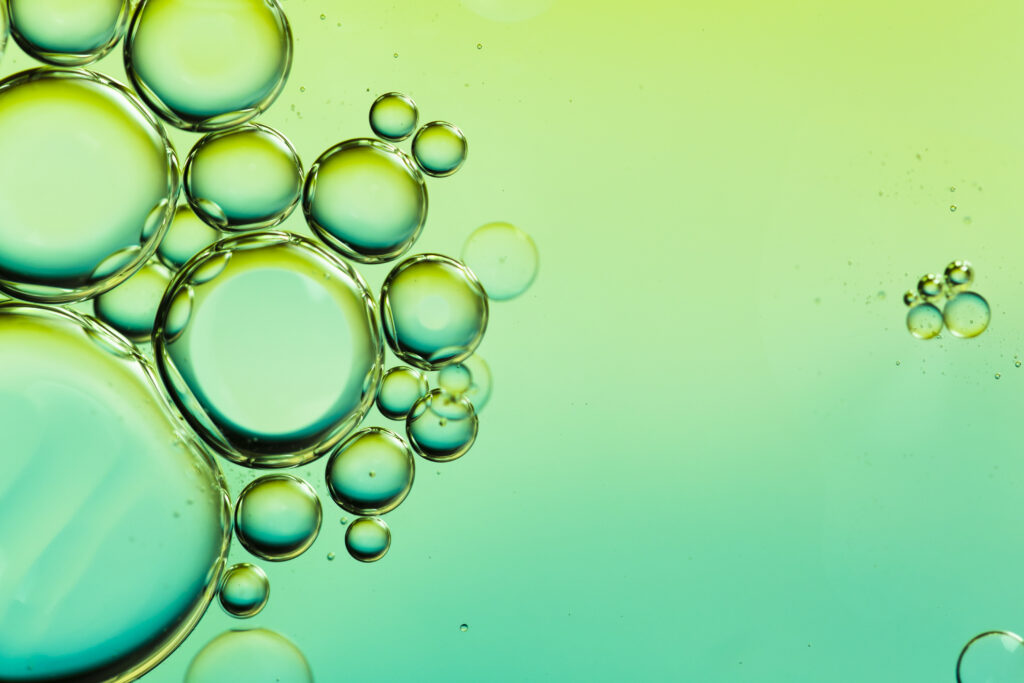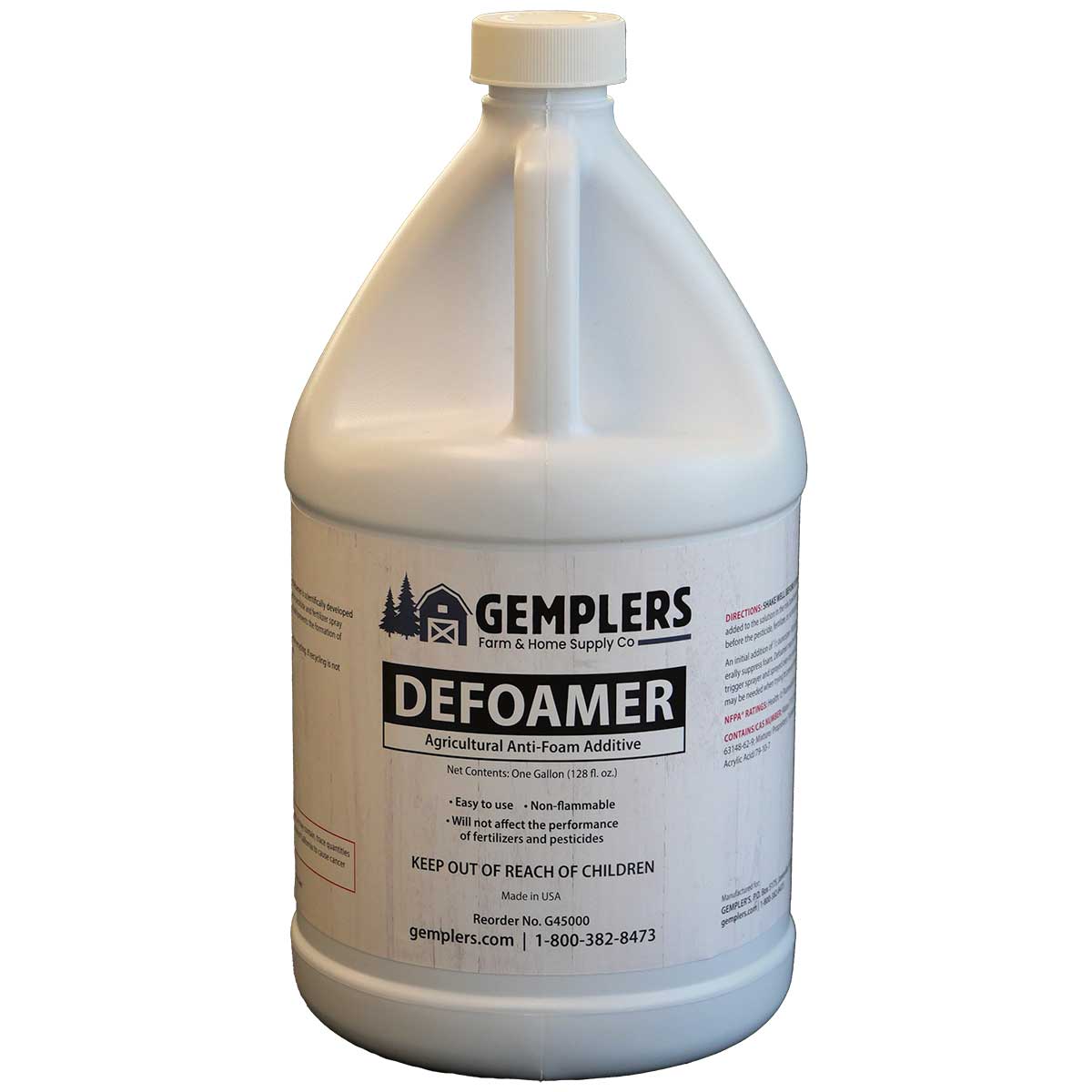Benefits of Using Defoamers to Enhance Operational Efficiency
Benefits of Using Defoamers to Enhance Operational Efficiency
Blog Article
The Duty of Defoamers in Enhancing Product High Quality and Efficiency
Defoamers offer as important ingredients that alleviate this issue, guaranteeing smoother manufacturing process while enhancing the practical and visual attributes of the last products. The choice of the appropriate defoamer can be critical to accomplishing optimal results, raising vital questions regarding formula compatibility and efficiency metrics that merit additional expedition.
Recognizing Defoamers
Understanding the role of defoamers is important for keeping item quality across numerous industries. Defoamers are chemical additives created to reduce and stop the development of foam in fluid systems, which can negatively affect processes such as mixing, filling, and surface area stress. Lathering can cause ineffectiveness, item issues, and jeopardized aesthetic allure, making defoamers a critical component in producing operations.
In commercial applications, defoamers aid to boost product consistency and security. The efficient use of defoamers not just makes certain smoother manufacturing processes yet likewise contributes to exceptional item performance.
Furthermore, the option and solution of a defoamer have to straighten with certain application demands, such as compatibility with other ingredients, performance under differing temperature level and pH problems, and prospective governing restrictions. Inevitably, recognizing defoamers' features and their importance in numerous formulations is crucial for maximizing production and ensuring the greatest quality final product.
Sorts Of Defoamers
Defoamers can be categorized right into several types based on their make-up and mechanism of action. The key types include silicone-based, non-silicone natural, and inorganic defoamers.
Silicone-based defoamers are amongst one of the most effective, largely because of their capacity to spread promptly on the liquid surface area and interrupt foam development. Their distinct chemical structure allows for remarkable stability, making them suitable for high-temperature applications and atmospheres with differing pH degrees.
Non-silicone organic defoamers, commonly made up of fatty acids or all-natural oils, are valued for their biodegradability and reduced poisoning. These are typically utilized in food and beverage applications where safety and security and ecological impact are critical.
Not natural defoamers, that include materials like talc or calcium carbonate, act by increasing the density of the fluid, thus lowering foam stability. They are typically used in industrial processes where compatibility with other materials is not a worry.
Each kind of defoamer has distinctive benefits and constraints, permitting customized remedies depending on the specific frothing concerns come across in different applications. Comprehending these differences is important for enhancing performance and attaining wanted item high quality.
Applications Across Industries
Various industries leverage defoamers to boost item high quality and functional effectiveness. In the food and beverage industry, defoamers are crucial in processes such as developing and milk manufacturing to avoid foam formation, which can result in ineffectiveness and item variance. By managing foam, producers can make sure better return and an extra uniform item.
In the pharmaceutical market, defoamers play a vital function in the formulation of fluid medicines, where too much foam can hamper mixing and exact dosing. Their usage assists maintain the honesty of the formulas and helps with smoother manufacturing processes.
The paint and coatings sector likewise relies upon defoamers to enhance the efficiency of products during application. By decreasing foam, these ingredients guarantee a smoother coating and improve the visual qualities of the final item.

Advantages of Making Use Of Defoamers
While the application of defoamers differs throughout sectors, their advantages constantly boost product quality and process efficiency. company website One considerable benefit is the decrease of foam formation throughout manufacturing procedures, which can otherwise cause production hold-ups and inconsistencies in item quality. By decreasing foam, defoamers allow a smoother flow of products, promoting a lot more effective procedures and minimizing the likelihood of tools breakdowns.
Furthermore, the use of defoamers can enhance the look and structure of last products. In fields such as finishes, paints, and food processing, too much foam can jeopardize the aesthetic appearances and general quality, while the ideal defoamer application makes sure an uniform surface and preferable qualities. Furthermore, defoamers can add to cost savings by reducing waste throughout manufacturing and maximizing making use of raw materials (defoamers).

Picking the Right Defoamer
Selecting the appropriate defoamer is vital for maximizing production processes and making certain product high quality. The selection of defoamer affects not only the performance of foam control yet also the total performance characteristics of the last product. Variables to take into consideration consist of the kind of application, the chemistry of the solution, and the ecological problems under which the item will be used.
Various sectors might call for details these details defoamer kinds, such as silicone-based, organic, or polymeric defoamers. Recognizing the compatibility of the defoamer with the key active ingredients is vital to prevent review negative reactions that might jeopardize product integrity. Additionally, the defoamer's effectiveness in various temperature levels and pH levels should be assessed to guarantee consistent efficiency.
Checking the defoamer in small-scale applications can offer important insights into its performance and suitability. Consideration of regulatory compliance, specifically in food, pharmaceuticals, and cosmetics, is vital in selecting a defoamer. Eventually, an extensive analysis of these factors will cause the selection of a defoamer that not only manages foam properly but likewise enhances the quality and performance of the last product.
Final Thought

In final thought, defoamers are necessary ingredients that dramatically boost item quality and performance across various industries. By efficiently minimizing foam development, these representatives not just enhance operational effectiveness yet additionally add to the useful and aesthetic stability of products. The tactical option and application of defoamers lead to cost financial savings, optimized source usage, and enhanced customer complete satisfaction. Overall, the importance of defoamers in commercial procedures can not be overstated, as they play an important function in achieving high-grade and constant end results.
Lathering can lead to inadequacies, product defects, and jeopardized aesthetic charm, making defoamers a crucial part in manufacturing procedures.

Report this page